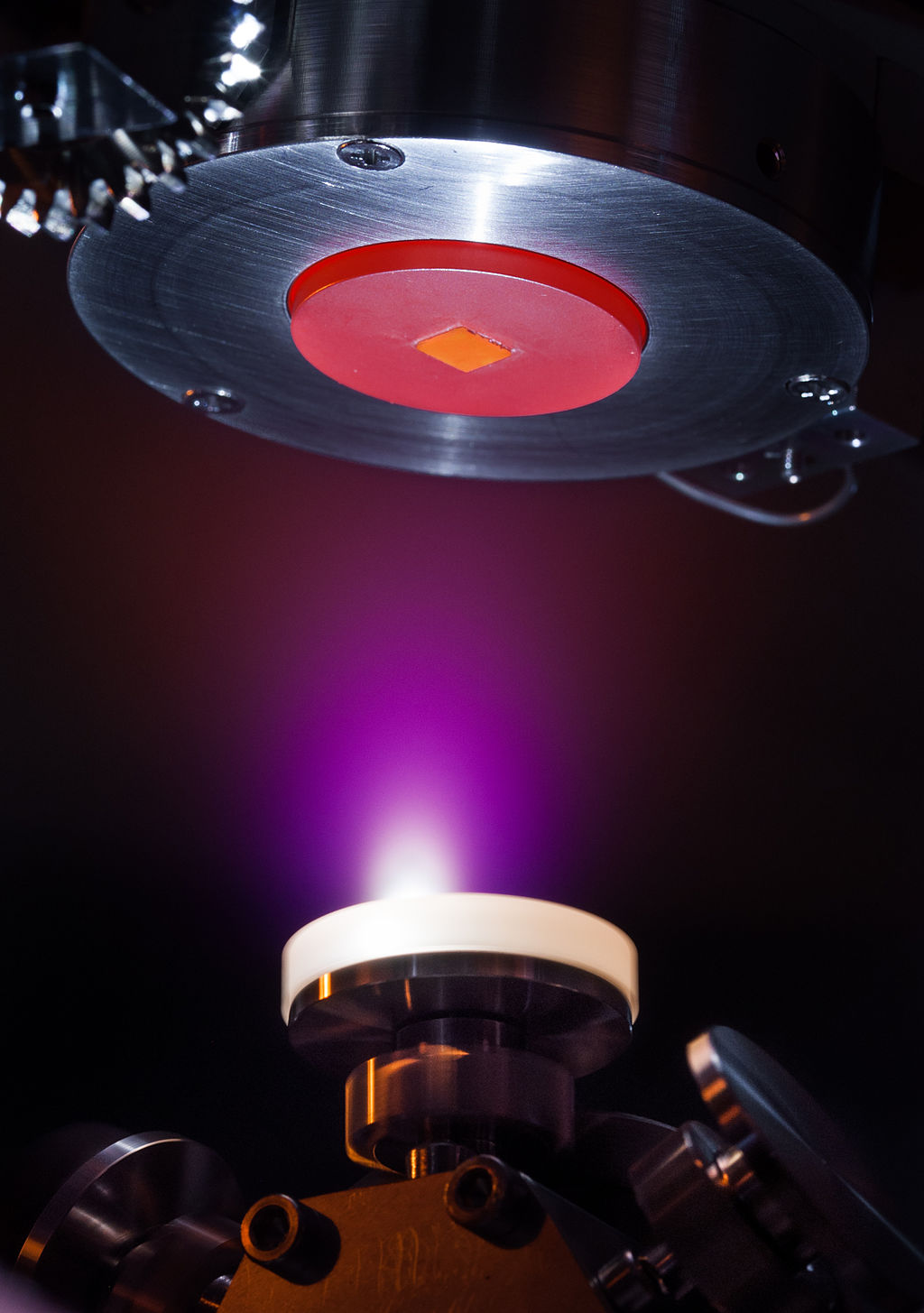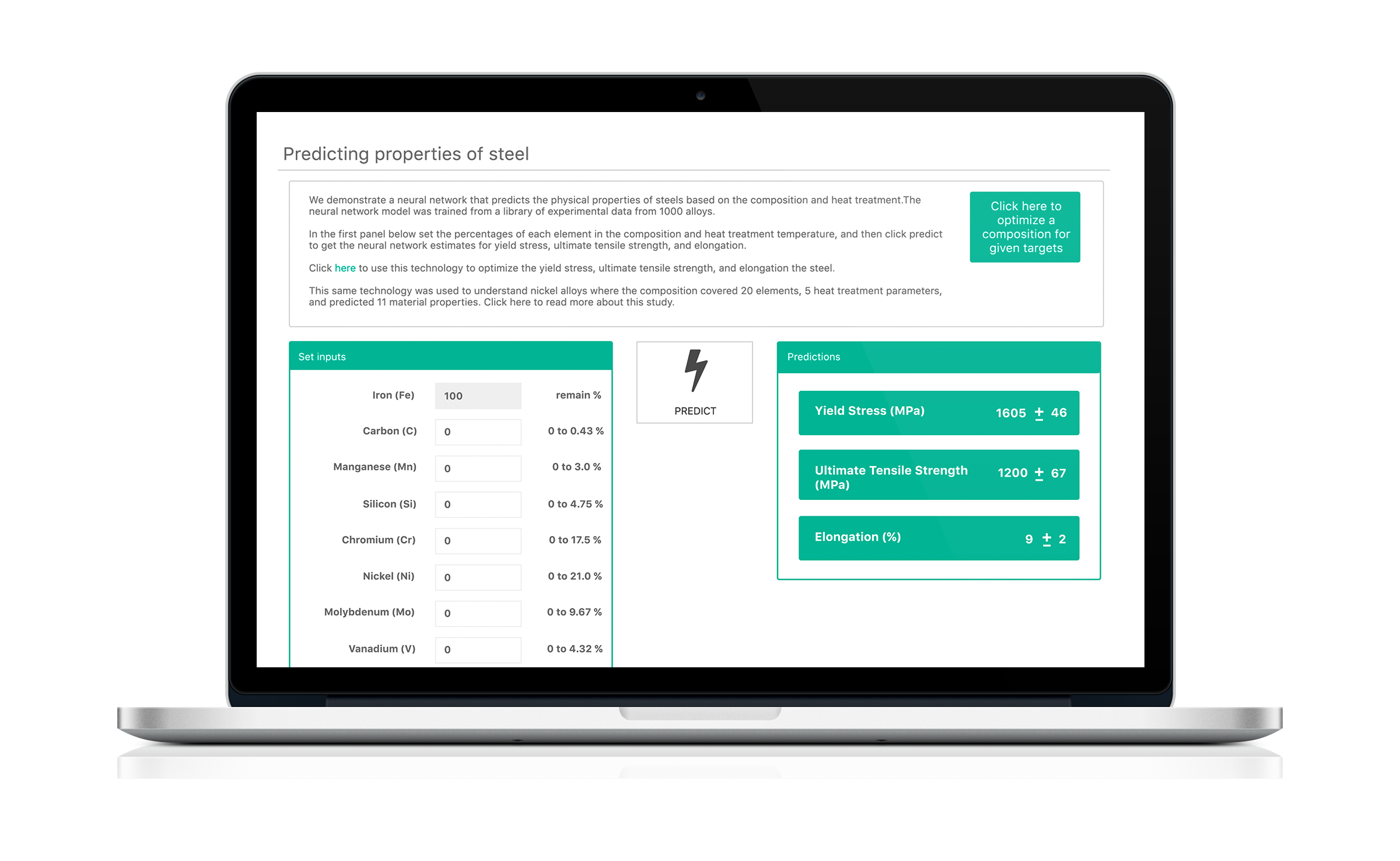Intellegens, an AI company spinning-off from the University of Cambridge, has developed a new machine learning algorithm for designing new materials for 3D printing.
Alchemite, developed in collaboration with partners such as the Stone Group, was used to design a new nickel-based alloy for Direct Laser Deposition, eliminating long and expensive experiments.
“With deep learning capabilities that can pinpoint property-to-property relationships very quickly, Alchemite was uniquely positioned to assist with this project,” said Gareth Conduit, CTO at Intellegens, and a Royal Society University Research Fellow at the University of Cambridge.
“Alchemite enabled the team to use a large database of thermal resistance measurements to guide the extrapolation of just ten data entries of alloy processability. From that information, we were able to shortlist material combinations that were most likely to deliver the right characteristics.”

The Alchemite engine
Direct Laser Deposition, a variety of directed energy deposition (DED) additive manufacturing technology uses focused thermal energy to fuse materials. Commercial machines using this process are provided by companies such as Optomec and BeAM Machines.
This technology has been used to produce aerospace engine components, turbine blades, and oil drilling tools. Despite its capabilities, materials used to create such industrious parts are limited due to the high temperature and stress gradients required within the manufacturing process.
Intellegens’ Alchemite engine, which operates with sparse or noisy data, has demonstrated its ability to create new materials. In a particular case, it analyzed existing materials information to identify a new nickel-base combustor alloy for a 3D printed jet engine component.
The Alchemite engine interface. Image via Intellegens.
Computational alloy generation for new 3D printed metals
Conduit continued, “Worldwide there are millions of materials available commercially that are characterized by hundreds of different properties. Using traditional techniques to explore the information we know about these materials, to come up with new substances, substrates, and systems is a painstaking process that can take months if not years.”
“Learning the underlying correlations in existing materials data, to estimate missing properties, the Alchemite engine can quickly, efficiently and accurately propose new materials with target properties – speeding up the development process.
“The potential for this technology in the field of direct laser deposition and across the wider materials sector is huge – particularly in fields such as 3D printing, where new materials are needed to work with completely different production processes.”
Vote for the”Material company of the year” for the 2019 3D Printing Industry Awards.
Subscribe to our 3D printing newsletter and follow us Facebook and Twitter for the latest additive manufacturing updates.
Visit our 3D Printing Jobs board to find out more about opportunities in additive manufacturing.
Featured image shows a pulsed laser deposition in action. Photo via Intellegens.



